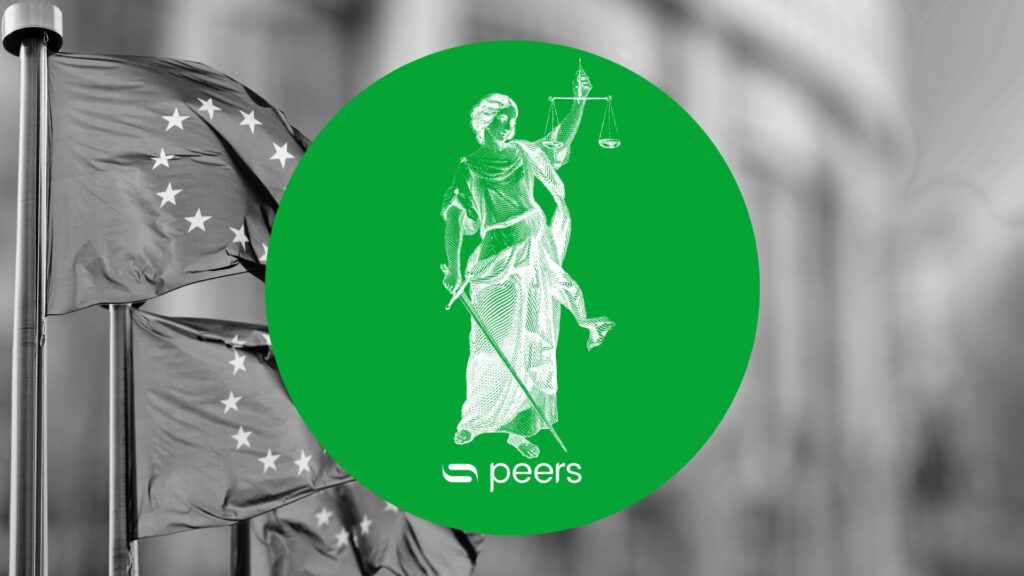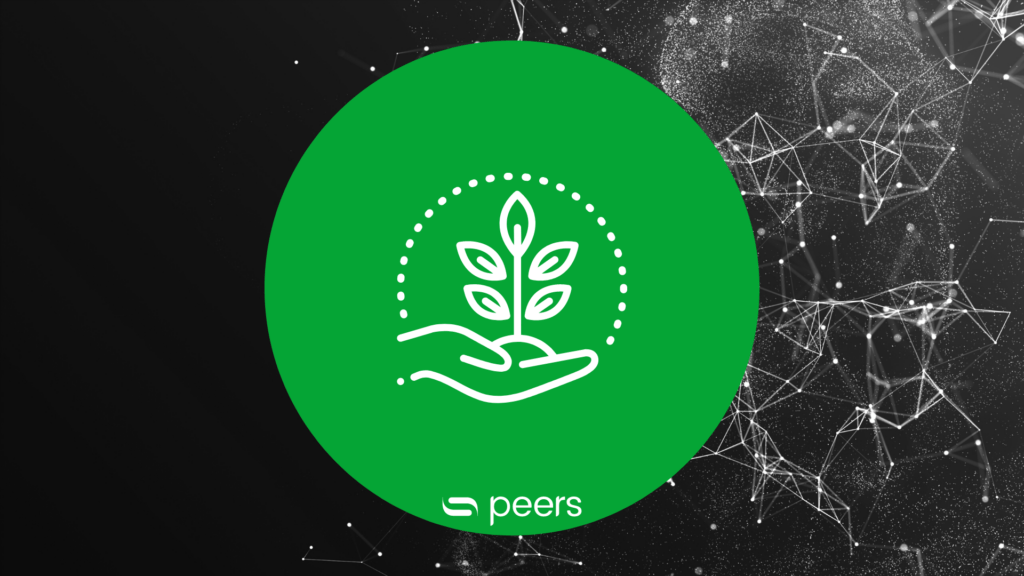Sustainability Analytics Solutions
Carbon accounting with the SAC
With the help of the SAP Analytics Cloud, companies can measure, calculate and visualize the CO2 emissions of the entire company as well as individual products.
IFC Element Extractor
Our solution for sustainable construction. Construction companies can now automatically record and analyze their CO2 footprint.
Sustainability Data Collector
Capture, calculate, visualize: Your ESG data, our innovative solution with high automation.
Sustainability is no longer just "green washing", but an opportunity to make a difference. More and more companies are realising that sustainability is a great way to reduce operating costs while preparing for the rapidly changing conditions in today's economy.

The four basic building blocks of sustainability analytics
In this video you will learn more about the 4 essential basic building blocks of data processing for sustainability analytics.
Data collection
Data processing
Data calculation and optimisation
Data provision and reporting
Your information material for the topic of sustainability analytics

Sustainability is important,
but why is sustainability analytics important?
The collection of sustainability data has become indispensable for the long-term success of a company. Sustainability analytics not only provides a competitive advantage, but above all more planning security in the dynamically changing economy.
Deep insights into your sustainability performance
Sustainability Analytics can be used to analyze data in the area of sustainability, such as the CO₂ footprint of products. Only those who make their corporate actions measurable can also steer them in the direction of a more sustainable future. New software analysis tools offer the possibility not only to measure past and current data, but also to make forecasts.
Environmental and social awareness is demanded by stakeholders
More and more employees are looking for jobs in sustainable companies. The demands of internal (e.g. employees) and external (e.g. applicants, investors) stakeholders can be responded to with the appropriate solutions.
Compliance with legal requirements
With sustainability analytics, you can ensure compliance with legal obligations . The processed data can then be provided in the form of a sustainability report, true to standard.
Sustainable investment opportunities
Only companies that transparently document and communicate their sustainability performance (see EU Taxonomy Directive) can be classified as sustainable. Investment funds target sustainably certified companies (ESG certification).
No more green-washing discussion!
Transparency about one's own sustainability data removes doubts, for example in the direction of "green washing". The Sustainability Analytics indicators help to document, benchmark and report sustainability performance in a credible and measurable way.
Do not react, but act!
What applies to climate protection also applies to sustainability analytics: Act before it's too late! In order to achieve goals such as the EU Green Deal climate neutrality by 2050, the right KPIs are needed.

What is sustainability analytics?
Definition of Sustainability Analytics
Sustainability analytics refers to the comprehensive use of internal and external data as well as large volumes of data ("big data") on economic, environmental and social issues.
This data can be evaluated using intelligent analysis methods in order to subsequently identify correlations and derive suitable measures.
What are the sub-areas?
The 3 best-known sub-areas of sustainability analytics are:
- Green Controlling(ecological dimension of sustainability)
- Corporate Social Responsibility & its measurement(social dimension of sustainability)
- Green Finance(economic dimension of sustainability)
How do organisations benefit from sustainability analytics?
Sustainability Analytics not only helps you stay within the regulatory framework, but also gives you and your company insights into your own sustainability performance.
What kind of syonyms are used instead of Sustainability Analytics?
Frequently used synonyms for sustainability analytics are:
- Sustainability Analytics,
- Sustainability Solutions,
- Sustainable Solutions
- Analytics for Sustainability or
- Analytics in Sustainability.
Implement more sustainability in 6 steps
Kick-off workshop: Recording the status quo
Where do I stand on the issue of sustainability and where do I want to go?
Identification & definition of KPIs
Based on my sustainability goals, the appropriate KPIs are identified and defined.
Data collection: Where is my data?
Access to internal and/or external data from public databases.
Technical implementation: Importing the data
Import data into a customised environment for easy processing and analysis.
Evaluation, interpretation & optimisation
Delivering insights into your sustainability performance and discussing how to optimise performance.
Analytics Sustainability Report
Preparation of a sustainability report according to the required standard. This report can be shared internally and externally.
FAQs on the topic of sustainability and analytics
What happens if I don't follow Sustainability Analytics?
Yes - because sustainability is no longer a nice-to-have, but a must-have.
As a 2020 study by Capgemini highlighted, around 79% of all consumers change their purchasing preferences based on sustainability. Products or services are purchased by a total of 66 % of consumers based on their sustainability. It can therefore be assumed that a company will lose customers if no attention is paid to the issue of sustainability.
The study also states that a loss of sales of up to 6% can be observed when sustainability is not practiced.
- EU Taxonomy: The classification of environmentally sustainable economic activities. For this purpose, 6 environmental objectives have been defined, of which 4 conditions must be met for an economic activity to be classified as environmentally sustainable. You can read more about the EU taxonomy in the here read.
- CSR Directive Implementation Act DE (CSR-RUG): Disclosure of information on non-financial aspects concerning environmental, employee and social concerns, respect for human rights and the fight against corruption and bribery. In each case, the disclosures must be made that are necessary for an understanding of the course of business, the business results and the situation of the company as well as the effects of its activities on the respective areas(DNK).
- Non-Financial Reporting Directive EU (NFRD): Disclosure of non-financial and diversity-related information for companies with more than 500 employees. This requires disclosure of information on environmental matters, social issues and treatment of workers, respect for human rights, anti-corruption and bribery, and diversity on company boards(European Commission).
- Due Diligence Act/ Supply Chain Act: Obligation to disclose human rights responsibility and due diligence along the entire supply chain of a company. For this purpose, companies receive a "clear, proportionate and reasonable legal framework for fulfilling their human rights due diligence obligations"(BMAS).
Yes, organisations face fines for non-compliance with EU taxonomy directives, for example.
As long as the results are within the framework of regulatory requirements, nothing happens in the first place. But in the long run, this will develop into a competitive disadvantage, as more and more customers demand sustainable management and sustainable products.
Rather, one must see the poor result of one's own sustainability performance as an opportunity - because no master has fallen from the sky and one can only improve. Accordingly, after a poor result, suitable measures can be derived to improve one's own sustainability performance.
For small and medium-sized enterprises, it is difficult to stay up to date on the topic of sustainability analytics. Especially when it comes to the associated legal regulations (e.g. EU taxonomy, supply chain law) and the respective standards for reporting, it can be difficult to get an up-to-date overview. However, precisely because of this complexity of the topic, more and more consulting firms have specialised in the topic of "sustainability" in order to make it easier for end clients to work in the new sustainability environment. It is therefore advisable to get in touch with consulting firms such as s-peers AG.
Start with the topic of analytics and sustainability?
Would you like to delve deeper into the topic of sustainability analytics? Then we look forward to working with you towards a more sustainable future. Simply get in touch with Dea!


KNOWLEDGE
Worth knowing on the topic of sustainability analytics
From KPI definition to reporting: Evaluate your company's sales, CapEx and OpEx activities in accordance with the EU taxonomy criteria. We accompany you step by step in the successful implementation of the EU taxonomy guidelines...
Why do you need sustainability KPIs? What are the 5 most important sustainability KPIs? And why are sustainability KPIs important for your company? These questions are answered in the following article...
ESG is now more than just a trend - companies are using it to show how important the topic of sustainability is to their organization and how they are meeting their responsibilities with regard to environmental and social issues...
Who sets the standards for sustainability reporting? The following knowledge article deals with this question. Five different institutions are presented and other organizations that play a role in sustainability reporting are named...



